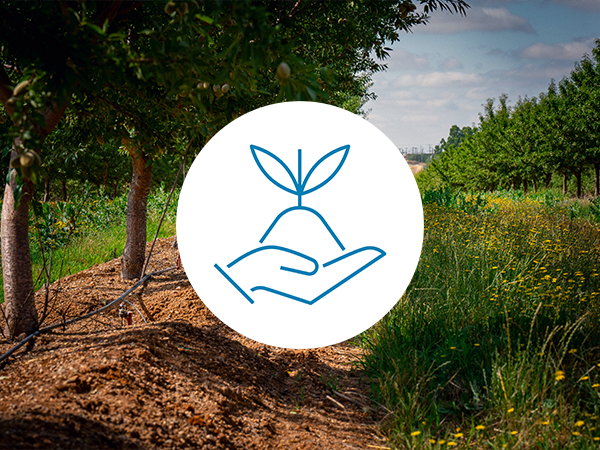Course Description
In this session the speaker highlights the growing importance of soil microbes in soil management, emphasizing their roles in nutrient cycling, making fertilizers more bioavailable, combating soil pests, and improving soil structure and water retention. They discuss the benefits of organic amendments like cover crops and compost in almond orchards, noting that continuous soil coverage and root presence support beneficial mycorrhizal fungi. Whole orchard recycling is mentioned as a valuable but costly practice that adds significant organic matter to the soil. One of the speakers then presents a trial on cover crops in the San Joaquin Valley, demonstrating that even with minimal rainfall and limited irrigation, cover crops like rye and peas produced substantial biomass, proving effective in improving soil health. The speaker shares insights from their own cover crop experiments, highlighting the performance of different mixes and seeding methods, and how cover crops can enhance water infiltration and reduce soil temperatures. A UC Davis study found no significant difference in soil moisture between cover cropped and non-cover cropped areas, suggesting winter cover crops may not increase water usage. Finally, an almond grower, shares his positive experiences with cover crops, noting benefits like improved water infiltration and organic matter, despite initial challenges. The discussion underscores the potential of cover crops and regenerative practices in almond orchards for long-term soil health and sustainability.
Course Objectives:
After completing this course, learners will be able to:
- Understand the role of soil microbes in soil management and their contributions to nutrient cycling, fertilizer bioavailability, pest control, and soil structure improvement.
- Explore the benefits of organic amendments such as cover crops and compost in almond orchards, emphasizing the importance of continuous soil coverage and root presence for supporting beneficial mycorrhizal fungi.
- Examine the practice of whole orchard recycling as a method to enhance soil organic matter, despite its associated costs.
- Analyze trial results on cover crops in the San Joaquin Valley, focusing on their effectiveness in improving soil health under conditions of minimal rainfall and limited irrigation.
- Evaluate insights from cover crop experiments, including the performance of different mixes and seeding methods, and their impact on water infiltration and soil temperature reduction.
- Interpret findings from UC Davis studies regarding soil moisture levels in cover cropped versus non-cover cropped areas, particularly concerning winter cover crops and water usage.
- Recognize the positive experiences shared by almond growers with cover crops, noting their benefits for water infiltration and organic matter improvement, while also addressing initial challenges.
- Highlight the potential of cover crops and regenerative practices in promoting long-term soil health and sustainability in almond orchards.

